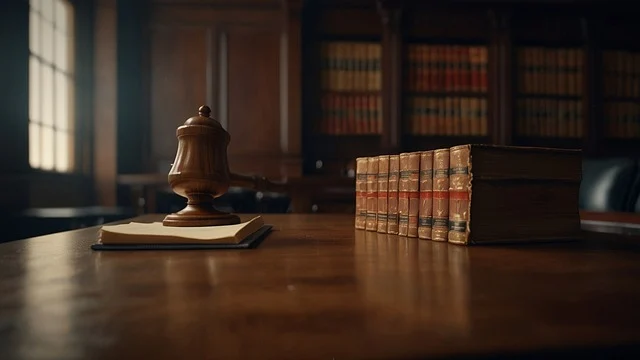Introduction
Freedom of speech is a cornerstone of democracy, enabling individuals to voice opinions, share ideas, and challenge norms. Yet, the boundary between freedom of expression and hate speech remains a hotbed of legal, ethical, and social debate. Where do we draw the line? Let’s delve into this complex and evolving issue.

The Essence of Free Speech
Freedom of expression is enshrined in the constitutions of democratic nations worldwide. It empowers people to express dissent, foster public discourse, and safeguard civil liberties. Without it, the foundation of democratic values would crumble.
However, absolute free speech can lead to harmful consequences. As societies grapple with balancing this right with moral responsibility, the question arises: should all forms of speech be protected?
Understanding Hate Speech
Hate speech refers to communication that disparages or discriminates against individuals or groups based on attributes like race, religion, gender, or ethnicity. While free speech advocates argue for the unrestricted exchange of ideas, hate speech proponents emphasize the damaging effects on social justice and community standards.
For instance, hate crimes often stem from unchecked speech that fosters division, hostility, or violence.
Legal Boundaries and Speech Regulation
Globally, legal systems have established frameworks to address this issue. In the United States, the First Amendment protects free speech, but there are limitations for obscenity, defamation, and incitement to violence. Conversely, European countries enforce stricter anti-hate speech laws under international human rights standards.
Balancing constitutional rights with anti-discrimination laws continues to challenge policymakers. What is deemed offensive in one culture might be acceptable in another, complicating the issue further.
Social Media: The Modern Battleground
In today’s digital era, social media platforms have become the primary arenas for public discourse. With billions of users worldwide, platforms like Facebook, Twitter, and YouTube grapple with moderating content without infringing on digital free speech.
However, algorithmic bias and inconsistent content moderation policies have drawn criticism. Should private companies wield such power, or is government oversight necessary?
Ethical Dilemmas in Public Discourse
The ethical dilemma lies in fostering tolerance while preserving democratic values. Public discourse must navigate the fine line between constructive criticism and harmful rhetoric.
For example, debates around political correctness often highlight this tension. Advocates argue for cultural sensitivities and ethnic harmony, while critics worry about stifling honest dialogue.
The Role of Education and Awareness
Education plays a pivotal role in addressing this issue. By fostering digital ethics and multiculturalism, individuals can discern constructive speech from harmful narratives. Promoting dialogue rooted in mutual respect can mitigate the negative impacts of online platforms.
Drawing the Line: A Shared Responsibility
Ultimately, striking a balance between freedom of speech and hate speech requires collaboration. Governments, online platforms, and individuals must share responsibility for fostering inclusive, respectful communication.
Global perspectives offer valuable insights. Multicultural societies like Canada and India have successfully implemented speech regulations without undermining democratic principles. These models could inspire cross-border cooperation.
Conclusion
Freedom of speech and hate speech represent two sides of the same coin. While one empowers individuals to participate in public discourse, the other risks undermining social harmony. Drawing the line demands continuous reflection, legal innovation, and collective effort.
By safeguarding civil liberties while addressing ethical dilemmas, societies can uphold democratic values and promote tolerance. The journey to balance these competing ideals is challenging, but it is essential for a just and equitable future.
